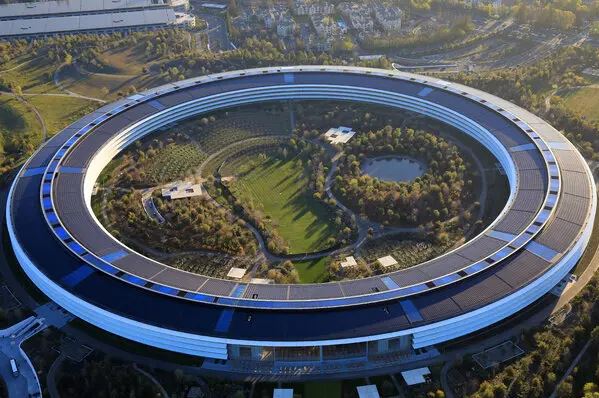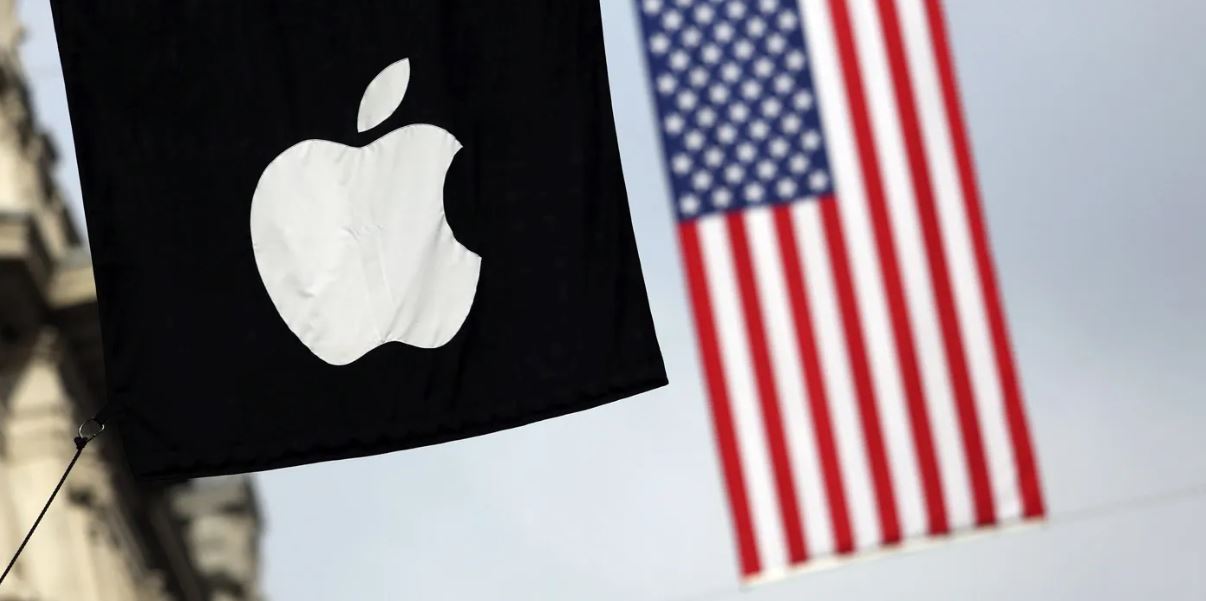Apple has formally requested that the US Justice Department dismiss its antitrust lawsuit. The Cupertino company has provided its reasons for not pursuing the case further in the New Jersey district court.
According to Apple, the lawsuit filed in the United States last March “has no relation to reality.” Those led by Tim Cook assert that the accusations against them do not meet the legal standards required to prove a violation of Section 2 of the Sherman Antitrust Act.
Please follow us on Facebook and Twitter.
It is worth noting that Apple had previously expressed its desire to have the lawsuit dismissed in a preliminary letter sent to Judge Julien Neals last May. Regardless, the company needed to complete this formal step in anticipation of the next actions by the magistrate.
It remains uncertain whether Apple has a substantial chance of achieving its goal, as it is uncommon for a lawsuit brought by the US government to be dismissed so swiftly. Judge Neals will need to review the arguments presented by both Apple and the Justice Department, and a hearing with Apple is expected before the end of the year. If the case proceeds to trial, it is unlikely to occur before 2027.
Apple Formally Asks to Dismiss US Monopoly Lawsuit

According to the US Department of Justice, Apple has violated antitrust laws by preventing its rivals from accessing key features of its software and hardware. The lawsuit against Apple focuses on several issues, but they all point to the same allegation: an illegal strategy to hinder innovation through its closed ecosystem. Notable objections include:
- The blocking of the NFC chip in the iPhone and Apple Watch, which is limited to Apple Pay;
- The lack of compatibility of the Apple Watch with third-party phones and the absence of functions when using a smartwatch from another brand with an iPhone;
- The exclusivity of the App Store as the sole distribution platform for iPhone applications;
- The disparity in the quality of SMS communications between Apple phones and those of other manufacturers.
Read Also: Microsoft to Launch Windows App for iPhone, iPad This Fall
As stated in its previous letter to Judge Neals, Apple maintains that the antitrust claim is without merit.
“This lawsuit is based on the false premise that the success of the iPhone is due not to the creation of a superior product that consumers love and trust, but to Apple’s intentional debasement of the iPhone to block perceived competitive threats. […] And the government’s theory that Apple has somehow violated antitrust laws by not granting third parties broader access to the iPhone conflicts with antitrust law, which protects a company’s right to design and control its own product.”
Apple’s Strong Rebuttal
In its court filing, Apple has vigorously defended its position against the US monopoly lawsuit.
“This court should reject the government’s attempt to create a new theory of antitrust liability that no court has ever recognized, based on five disparate examples of Apple design decisions that do not harm smartphone competition. Furthermore, if the government seeks to use these five examples to gain unprecedented authority to oversee Apple’s design decisions more broadly, the case becomes even more implausible. Such a broad standard, if recognized, would harm innovation and risk depriving consumers of the private, safe, and secure experience that distinguishes the iPhone from other market options. The lawsuit should be dismissed.”
The matter remains unresolved. As previously mentioned, Apple’s request is part of a formal process that will likely require several months of analysis. In March, when the lawsuit against it was first revealed, Apple stated that it would “vigorously defend itself.” We will continue to monitor any developments closely.
Read Also: EU Criticizes Apple for Not Launching Apple Intelligence in Europe





